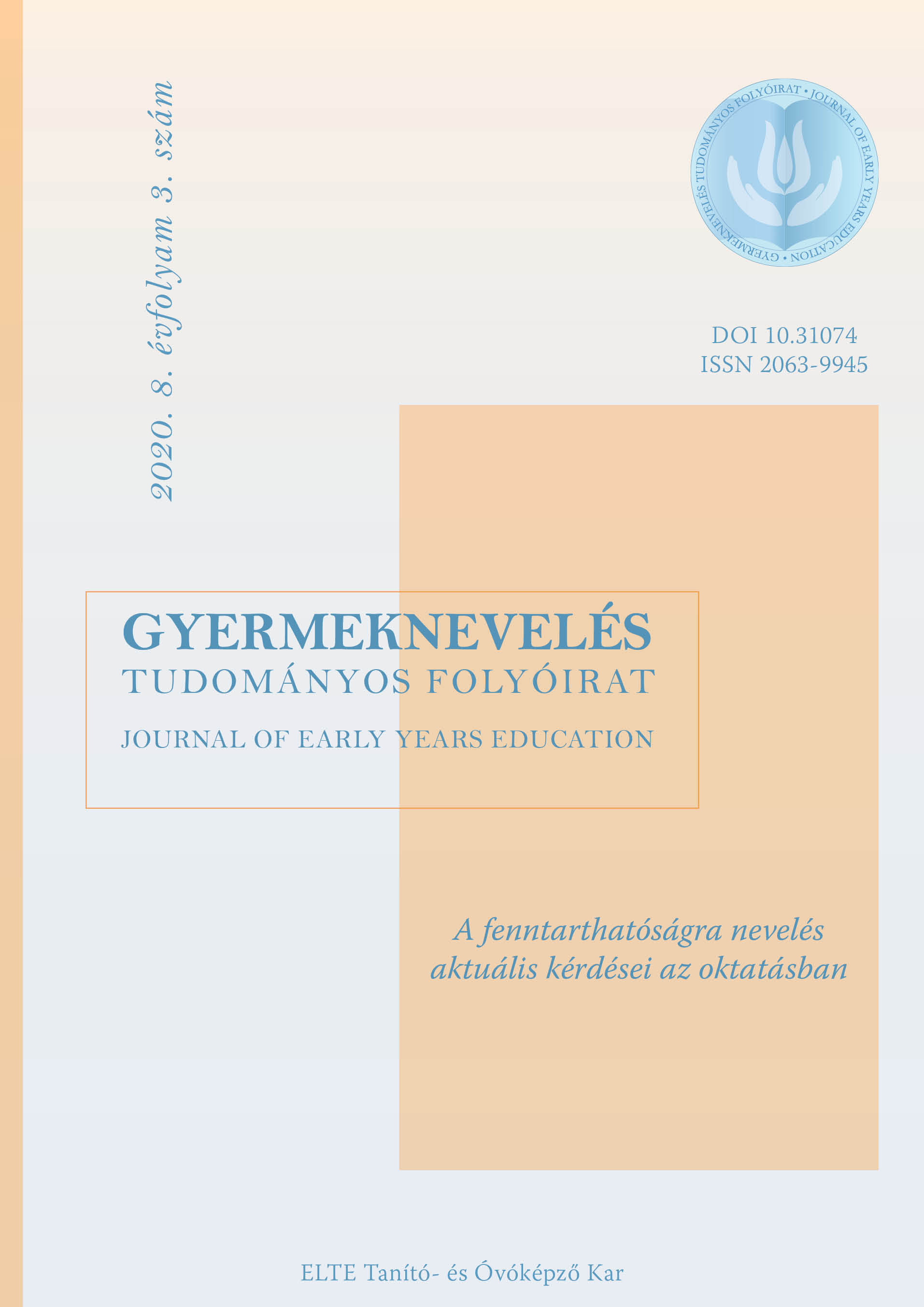The development of moral judgement and how to support it in an institutional context
DOI:
https://doi.org/10.31074/gyntf.2020.3.72.92Keywords:
moral judgement, classical and contemporary theories, measurement, institutional regulation, methodologyAbstract
This article offers a systematic review of the literature on the development and measurement of moral judgements. While there are numerous philosophical contributions to this topic, it is beyond the scope of this article to deal with all of them and we can present only the theories that influenced the twentieth century’s major schools of psychology: psychoanalysis, social cognitive theory and cognitive development theory. Two classical theorists, Jean Piaget (1965) and Lawrence Kohlberg (1979), have significantly influenced contemporary thinking on the development of moral judgement. We present their theories and then outline some criticisms and recent research. This research offers some tools for analysing the level of moral judgement, and have significantly changed our thinking concerning the begining of moral thought in early childhood. We reflect on the integration of moral judgement into social competence, which is currently in favour in Hungary because of DIFER-measurements that are in wide use. We suggest ways to support the development of moral judgement in an institutional context, and discuss what kind of techniques and specialised forms of pedagogical training are available in Hungary.
Downloads
Downloads
Published
How to Cite
Issue
Section
License
Copyright (c) 2020 Author

This work is licensed under a Creative Commons Attribution-NonCommercial-ShareAlike 4.0 International License.

